The content of the article
The common cold is a problem familiar to everyone. It arises suddenly at the most inopportune moment, turning a person’s life into a nightmare. It is impossible to work, study, relax and even sleep normally due to poor health. As you know, an untreated cold will pass by itself in seven days. What to do in order not to wait for an improvement for a whole week?
A little bit about terminology
The common cold is a collective concept that does not exist in medicine. In the language of specialists, there is the term "ARI" or acute respiratory disease. ARI is a concept that refers to the inflammatory process of the respiratory tract. These include: rhinitis, pharyngitis, laryngitis, tracheitis, sinusitis and related complications.
In addition, there is such a thing as "SARS" - inflammation caused by various viruses. It turns out that ARVI is part of ARI.
Influenza is an infectious and inflammatory disease caused solely by the influenza virus. This is a rather dangerous virus that acts not only on the respiratory tract, but also on the walls of blood vessels throughout the body. Influenza is more severe than acute respiratory infections of another etiology and can lead to death.
Symptoms of the common cold
The first, as a rule, is a runny nose. It can manifest itself in the form of a constant flow of fluid exudate from the nose or, conversely, congestion and the inability to breathe and smell. Sometimes, weakness, fatigue, heaviness throughout the body, and headache occur before a cold. It is important to notice the onset of these symptoms.
In addition, cough, sore throat, pain in the forehead or upper jaw, and fever may appear. Sometimes a cold is quite easy, it can be carried on legs without complications. In other cases, you have to take sick leave and stay at home. It is possible when a cough or sore throat appears without a runny nose. All symptoms may be present in any combination.
How to recognize the flu
The following symptoms may indicate influenza:
- Pronounced intoxication. An increase in temperature above 38 ° C, severe weakness, up to the inability to get out of bed, body aches, loss of appetite - all this suggests that the disease takes a very serious course. The common cold is rarely manifested.
- Symptoms of irritation of the meninges. These include the fear of bright lights and loud sounds. A person in this state wants to close all the doors, curtain the windows and cover himself with a blanket.
- Damage to eyes and ears. The virus can reach these organs. Then the eyes constantly watery and sore, the sclera is red, in the morning on the eyelids there are crusts that are difficult to remove. In the ears or in one of the ears there is a sharp sharp pain, hearing is impaired.
- The defeat of the digestive tract. Manifested by diarrhea, nausea, or vomiting. These symptoms mean that the virus has reached the digestive system.
In addition, the flu has many complications. The most dangerous among them are hemorrhagic meningitis and influenza pneumonia. Death from such complications can occur within a few days, they are treated very hard.
Note! At the first sign of flu, you should immediately consult a doctor. It is easier and safer to prevent complications than to treat them.
How to quickly cope with a cold
It’s best to start fighting a cold before it even appears. If the weather is bad, an outbreak of SARS, or you just feel that you are starting to get sick, do the following:
Take a high dose of vitamin C.This substance not only enhances immunity, but also strengthens the walls of blood vessels, preventing inflammation from occurring. You should drink 1-2 g of ascorbic acid or tea with the juice of half a lemon. Often this cannot be done, but at one time no side effects will occur.
Dibazole is cheap and cheerful. This is a tool that once began to be released to reduce pressure. It turned out that the hypotensive effect of dibazole is weak, but the antiviral effect is pronounced. It is necessary to take 1-2 tablets per day, but only if there is no hypotension.
Antiviral. These are all well-known advertised means. It is worth noting that treating them with a viral infection is useless, but its appearance can be prevented. Their cost is higher than that of dibazole, but there are less side effects.
Tincture of Echinacea. With its help, you can increase the body's immune forces. Dilute 10 drops of tincture in a glass of water and drink. Take three times a day.
If the cold has already gained momentum and the symptoms are pronounced, only these methods are unlikely to be enough. However, vitamin C and echinacea are still worth taking. In addition, you can resort to the following methods of dealing with colds:
- Bed rest. During illness it is important to relax more and work less. So the body is easier to fight the infection.
- Nonsteroidal anti-inflammatory drugs. These are drugs such as aspirin, analgin, ibuprofen, nurofen and others. They reduce inflammation, thereby alleviating all the symptoms of the common cold, and also lower the temperature.
- Antihistamines. The main culprits of unpleasant manifestations of acute respiratory infections are molecules of serotonin and histamine. Antihistamines will help to cope with them. In addition, they exclude the allergic component of inflammation.
- Useful tea. You can make tea with raspberries, ginger root or eucalyptus leaves. Drinking it is as often as possible in the form of heat.
- Cough syrups. There are a lot of them, before buying, you should clarify what effect the drug has. If you are tormented by cough with sputum, then you should give preference to expectorants, if there is no sputum - antitussive. If you do the opposite, there will be no effect from treatment.
- Nasal spray. You can buy a drug with a certain medicinal substance, for example, vasoconstrictor in case of constant runny nose. You can buy a medicine based on sea water, it will reduce nasal congestion, pain and burning.
Note! Contrary to popular belief, antibiotics do not treat SARS or the flu. They do not affect viruses and inflammation. They are used to prevent the development of complications of a bacterial nature. Take antibiotics only after consultation with a doctor and strictly according to the recommendations given to them.
We can conclude that the main thing in the treatment of colds is a timely start. The sooner treatment is started, the easier the course of the disease will be, and the sooner recovery will come. In addition, preventive measures should be taken as often as possible so as not to get sick.
Video: how to quickly cure a cold

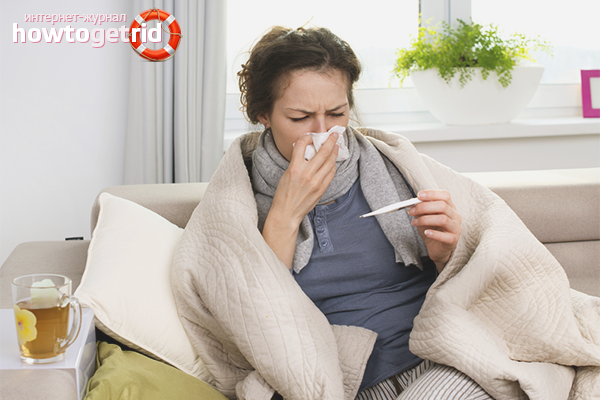

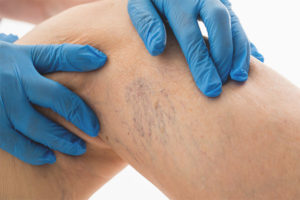

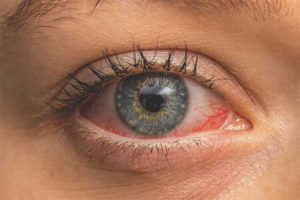


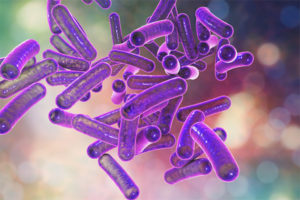
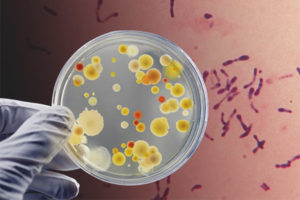

Submit